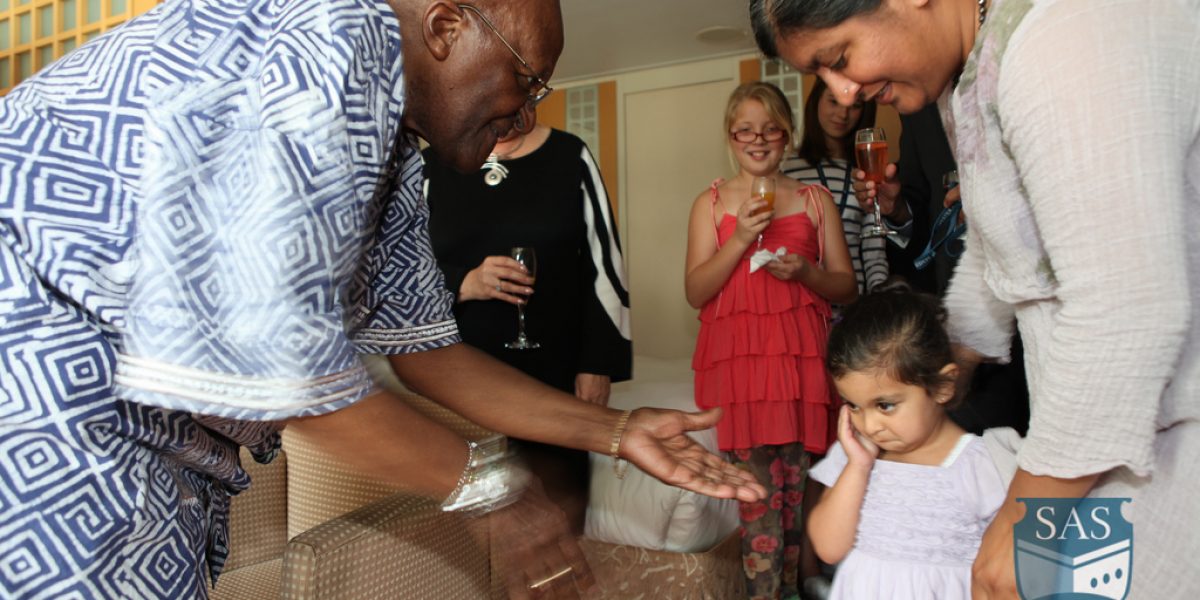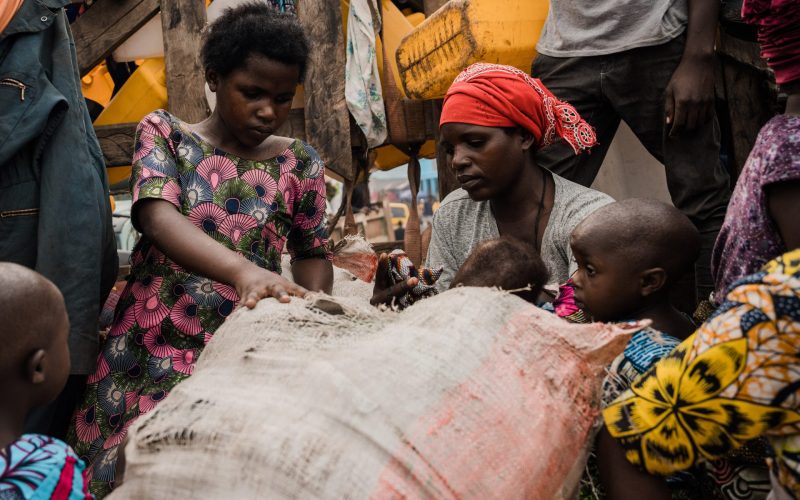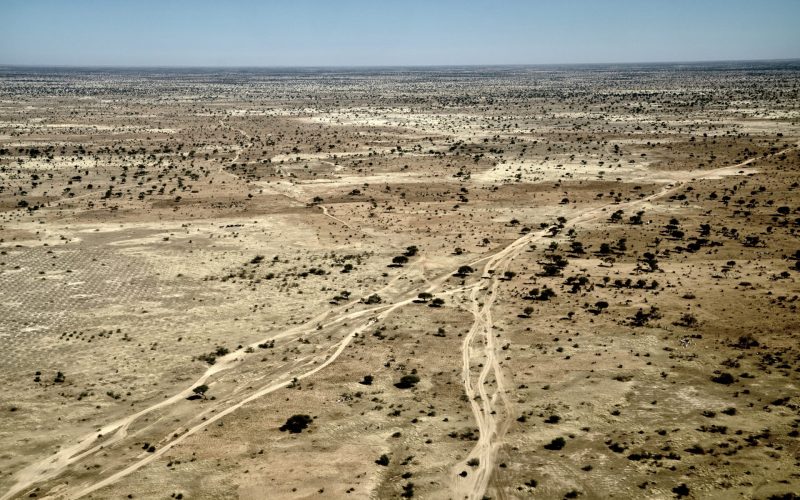It has been a constant architect of Africa’s new peace and security architecture and an advocate of new diplomatic norms. Whether South Africa has succeeded in meeting its goals as Africa’s mediator and the ambitious aspirations shared by African heads of state and intellectuals following its transition to democracy is debatable.
This crucial volume draws lessons for African conflict mediation from the experiences of its foremost practitioner, South Africa, in four of the continent’s most complex theatres: Burundi, the Democratic Republic of Congo, Côte d’Ivoire, and Sudan, focussing on the Mbeki years (1999–2008), but also examining the possibilities arising from Jacob Zuma’s leadership of the country. The standpoints come from a variety of experts in the field, from practitioners to academics, and the diverse perspectives and voices throw light on both South Africa’s successes and weaknesses in its role in the African Renaissance.
Contents
Prologue Mediating Conflict in Africa: Challenges, Priorities, Lessons
Amb. Sisa Ngombane
Introduction Learning from South African Engagement in African Crises
Kurt Shillinger
Chapter 1 The New Architecture of African Security
Lt. Gen. Arnold Quainoo
Chapter 2 South Africa’s Implementation of Its Own Peacekeeping Model in Africa: A Reality Check
Daniela Kroslak
Chapter 3 Healer or Hegemon: Assessing Perceptions of South Africa’s Role in African Mediation
Kwesi Aning
Chapter 4 South Africa’s Role in Conflict Resolution in the Democratic Republic of Congo
Gilbert Khadiagala
Chapter 5 Courting El Bashir: South Africa, Sudan and Darfur
Laurie Nathan
Chapter 6 Could the South African Experience of Conflict Resolution Help in Bringing Peace to Darfur?
Gerard Prunier
Chapter 7 South African Mediation in the Ivorian Crisis
Francis Akindes
Chapter 8 South Africa’s Mediation Efforts in Francophone Africa: Assessment of the Case of Côte d’Ivoire in the Context of a Stylistic Divide Between Anglophone and Francophone Africa
Delphine Lecoutre
Chapter 9 Lessons from the Burundi Peace Process
Jan van Eck
Chapter 10 Obstacles to Regional and International Conflict Mediation Coordination in African Conflicts – A Perspective
Martin Rupiya
Chapter 11 Roles and Rules of Engagement between State, Regional and Non-State Actors
Naison Ngoma
Chapter 12 Sudan’s Other Conflict: Salvaging the North–South Comprehensive Peace Agreement
Boitshoko Mokgatlhe
Chapter 13 Norms and Principles of External Engagement to Strengthen Africa’s Conflict Resolution Capabilities: Appropriate Solutions for African Problems
Jeremy Astill-Brown
Chapter 14 CSOs, Post-conflict Reconstruction and Peace-building in Africa
Wafula Okumu
For all media enquiries, review copies, or interview requests please contact:
Busi Mayisela
011 628 3238
busi@jacana.co.za
For sales enquiries contact:
Nteseng Thoane
011 628 3222
nteseng@jacana.co.za








